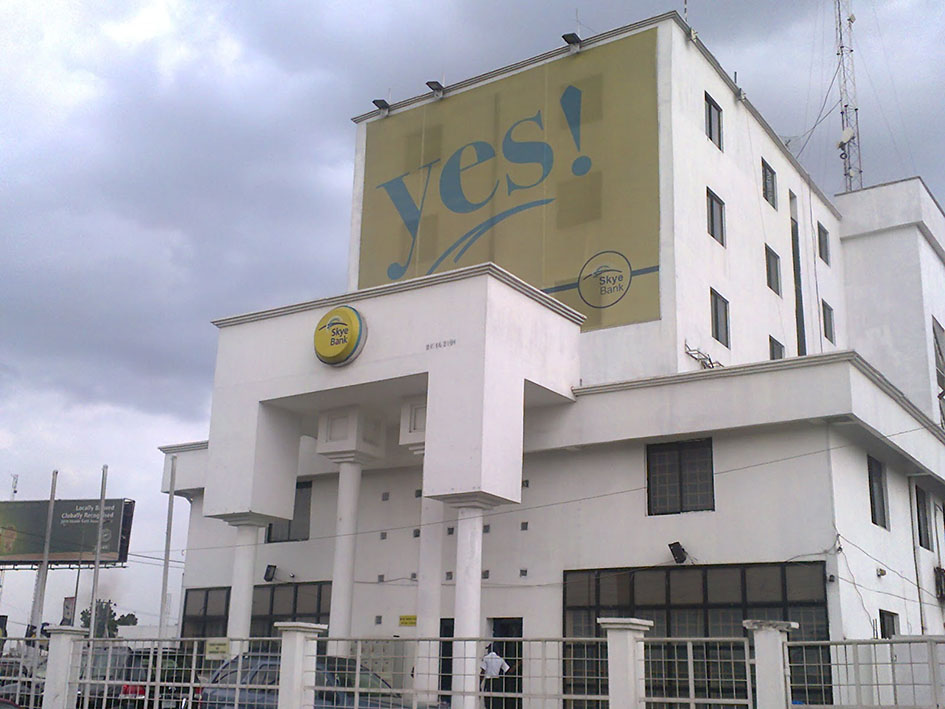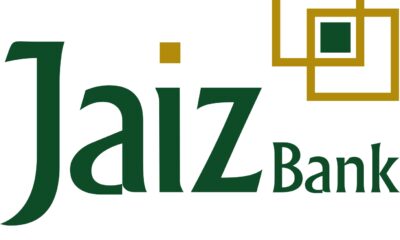- NDIC’s Intervention Saved Defunct Skye Bank Depositors’ N949bn — Ibrahim
The adoption of the bridge bank option, which led to the establishment of Polaris Bank to take over the defunct Skye Bank, was able to save the banking industry of over N949.6bn in depositors’ fund.
The Managing Director, Nigerian Insurance Corporation, Alhaji Umaru Ibrahim, said this on Tuesday during a workshop on ‘Financial inclusion, consumer protection and evolution of virtual currencies in Nigeria.’
The Central Bank of Nigeria had on September 22 revoked the operating licence of Skye Bank Plc.
The Governor, CBN, Godwin Emefiele, had while making the announcement at a press briefing in Lagos, said a bridge bank, known as Polaris Bank, had been created to assume the assets and liabilities of the defunct bank.
Speaking on the adoption of the bridge bank option to resolve the crisis in the failed Skye Bank, the NDIC boss said based on the arrangement, Polaris Bank had been able to guarantee the seamless and continuous banking operations in the 277 branches of the bank, while over 6,000 jobs were saved.
In addition, he said depositors now had unhindered access to deposits in excess of N949.6bn as of June 2018.
He said, “As you are aware, the NDIC, in collaboration with the CBN, adopted the bridge bank option to resolve the failure of Skye Bank Plc.
“This involved the organisation and incorporation of a bridge bank, Polaris Bank Limited, to take over the assets and liabilities of the defunct Skye Bank Plc.
“The benefits of a bridge bank are not far-fetched. The resolution option is less disruptive to a rendition of bank services, unlike outright liquidation or depositors’ pay-out.
“With this expert arrangement, the Polaris Bank was able to guarantee the seamless and continuous banking operations in the 277 branches of the bank, over 6,000 jobs were saved and depositors have unhindered access to deposits in excess of N949.60bn as of June 2018.”
He said the corporation would soon commence the payment of deposits to customers of 154 microfinance banks that were shut by the CBN.
The apex bank had in September gave a notification to revoke licences of 154 MfBs and six primary mortgage banks.
The CBN had said 62 of the MFBs had already closed shop; 74 became insolvent; 12 were terminally distressed; while six voluntarily liquidated.
Ibrahim said following the revocation of the licences of the financial institutions, the corporation had commenced verification of insured depositors.
He said as soon as the verification was concluded, the corporation would start paying the verified claims to appropriate depositors in fulfilment of its core mandate.
He said, “As you are all aware, the CBN recently revoked the licences of 154 MFBs and six Primary Mortgage Banks due to their insolvency.
“The affected institutions were closed because some were found to have insufficient assets to meet their liabilities, while others had their capital to risk-weighted assets ratio and regulatory capital below the minimum prescribed by the CBN.
“Furthermore, quite a number of the banks had ceased to carry on the type of banking business for which their licences were issued for a continuous period of more than six months while others had gone into voluntary liquidation.
“The NDIC has commenced verification of insured depositors and will soon start paying the verified claims to appropriate depositors in fulfilment of our core mandate.
“From the record obtained so far, the majority of the depositors especially in the MFBs, have less than N200,000 in their accounts, which implied that the NDIC will hopefully cover 100 per cent of the depositors.”


 Billionaire Watch3 weeks ago
Billionaire Watch3 weeks ago
 Startups4 weeks ago
Startups4 weeks ago
 News4 weeks ago
News4 weeks ago
 News4 weeks ago
News4 weeks ago
 Bitcoin4 weeks ago
Bitcoin4 weeks ago
 Naira4 weeks ago
Naira4 weeks ago
 Forex3 weeks ago
Forex3 weeks ago
 Treasury Bills4 weeks ago
Treasury Bills4 weeks ago
























